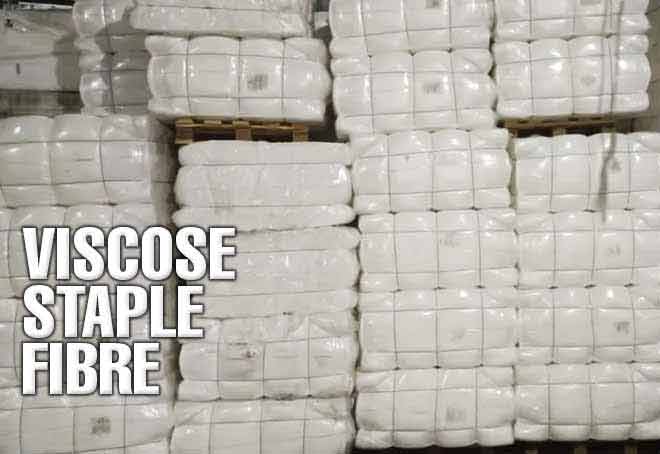SIMA urges centre to reject anti-dumping duty imposed on Viscose Staple Fibre
Updated: Dec 22, 2022 09:03:42am

SIMA urges centre to reject anti-dumping duty imposed on Viscose Staple Fibre
New Delhi, Dec 22 (KNN) The Southern India Mills' Association (SIMA) in a letter to the Finance minister has appealed for the rejection of the abnormal duty rate recommended by the Directorate General of Trade Remedies (DGTR) on Viscose Staple Fibre (VSF).
SIMA pointed out that with the imposition of anti-dumping duty, the raw material availability would again become scarce resulting in industrial unrest.
The government has been taking various path-breaking policy initiatives to address the raw material structural issues, especially the man-made fibres (MMF), the future growth engine of the Indian textile industry depends on removing the anti-dumping duty levied on various raw materials, polyester staple fibres, acrylic fibre and VSF, SIMA Chairman Ravi Sam said in a letter addressed to the Finance Minister.
However, based on the appeal made by the Associations of MMF industry, the DGTR recommended levying USD 0.512 per kg on VSF from Indonesia as anti-dumping duty charges, he pointed out.
The rejection of the recommendation would ensure the survival of MSME spinning mills, decentralised powerloom and handloom sector and also the garment sector, he said.
Such an abnormal protection was totally unwarranted and on the contrary, would greatly affect the entire VSF value chain.
Over two lakh powerlooms in Tamil Nadu had diverted to VSF manufacturing and enabling value added exports and anti-dumping duty would again make manufacturers to switch over to imports that would have serious impact on the MSME spinning mills, he said.
The majority of the MSME spinning mills could blend VSF with the cotton to the tune of 10 to 15 per cent and sustain their competitiveness which would be eroded with the recommended anti-dumping levy, he added.
As per reports, the homegrown VSF manufacturers are not in a position to meet the growing demands of the VSF value chain, rationing their supply and affecting the potential growth of the industry.
Indian manufacturers have been supplying the fibre only to less than 300 spinning mills, while the country has around 4,000 spinning mills, he said adding that any spinning mill in the country could buy any quantity of polyester staple fibre at an internationally competitive rate. (KNN Bureau)













